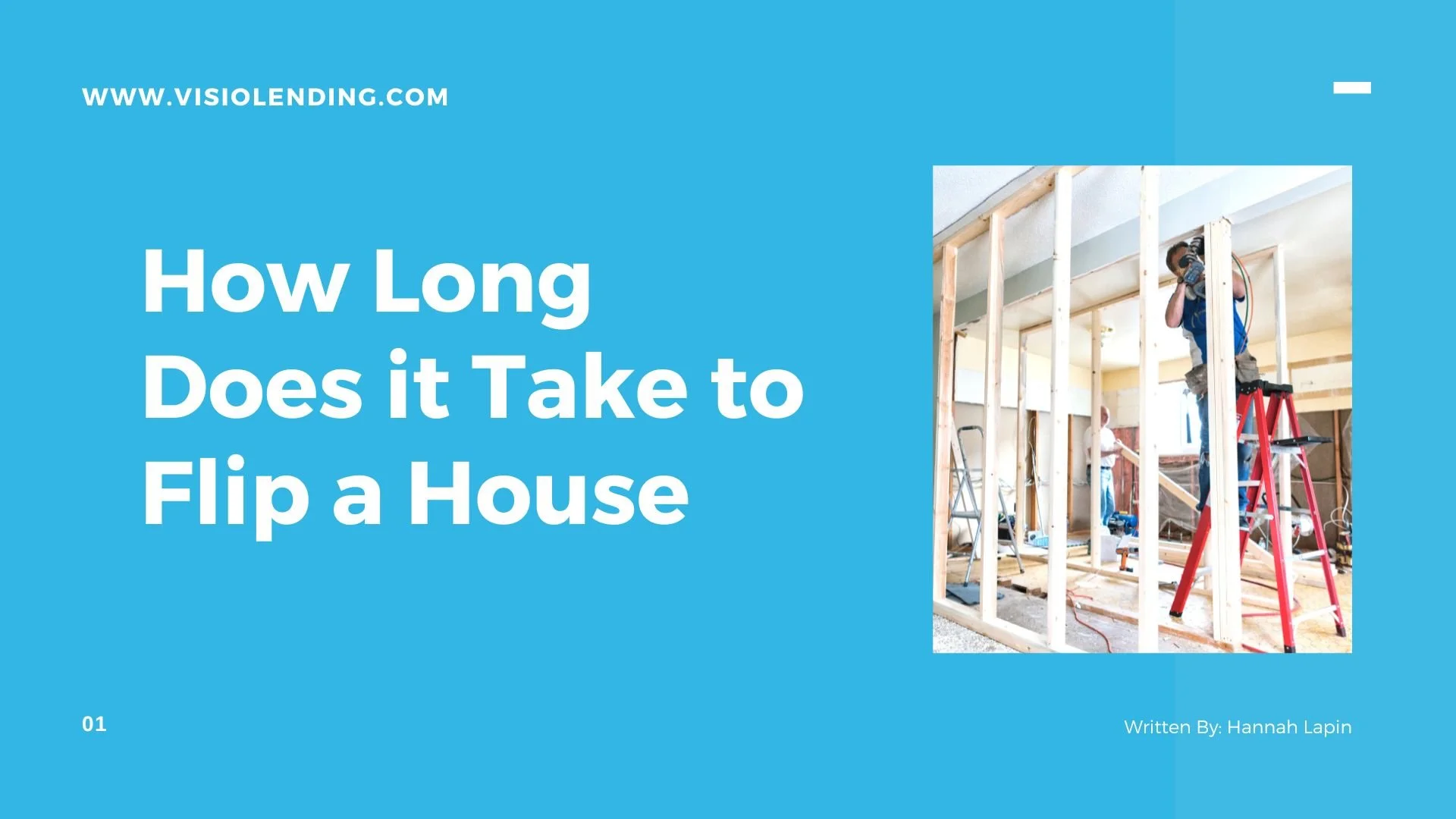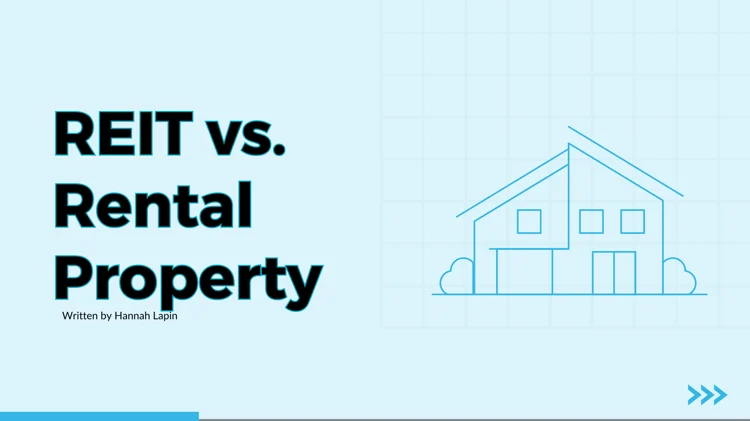Many people think that flipping a house is a speedy process completed in 3–6 months. However, this is only true of experienced house flippers with a dedicated process and a strong network of other professionals.
In reality, a new house flipper should budget for 12–18 months of work. We’ll take a closer look at each of the steps involved in flipping homes based on an ideal schedule, but keep in mind that your actual timeframe may vary significantly.
It’s important to be realistic about your timeline, which is why working with others skilled in house flipping will help you better understand what to expect in your area. Here are some of the most significant factors that can increase or reduce your time expenses.
Local Market Conditions
House flipping is generally done in a slightly slower market that’s expected to rise soon, as you can buy houses cheaply, fix them up, and then turn around and market them to a potential buyer. If your whole market is sluggish, it will take more time than it would in a very hot market. Take a look at the average times to close in your area to get an idea.
The Condition of the Property
If you only need to do light renovations, you can sell your investment much faster than if you need to tear it down to the studs and rebuild. Unless you really love rehabs, you’ll want a house that is in fair to medium condition with a good structure.
Contractor and Material Availability
The availability of contractors and, by extension, building materials will also influence how long it takes to get your property sold. Slow markets tend to also have long wait times for contractors. This is another reason why it’s important to get in touch with other investors: they can give you an idea of how long you’ll need to wait.
Permit Approvals
Some municipalities are very picky about permit approvals, and there may be a long waiting period of weeks or more, while others have a very seamless process. It also depends on the extent of the work being done. While you can’t affect how fast municipality clerks work, you can help by having all your paperwork in order in advance.
Financing
It’s the nightmare of every flipper: not enough money. To fix this, you need to negotiate with lenders to ensure that you won’t run out before the flipping is done. Some lenders also won’t work with those flipping homes due to the high risk, so you may have to take a bit longer to find a company that will work with you.






